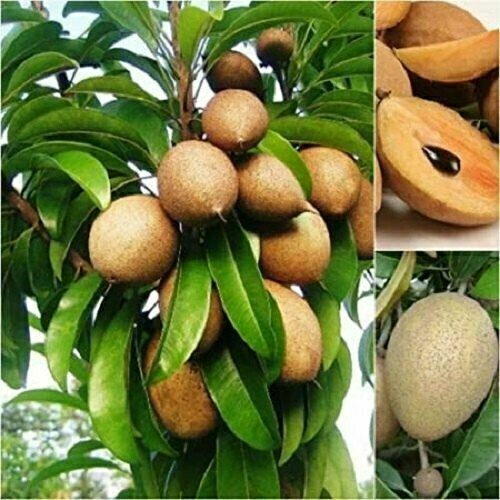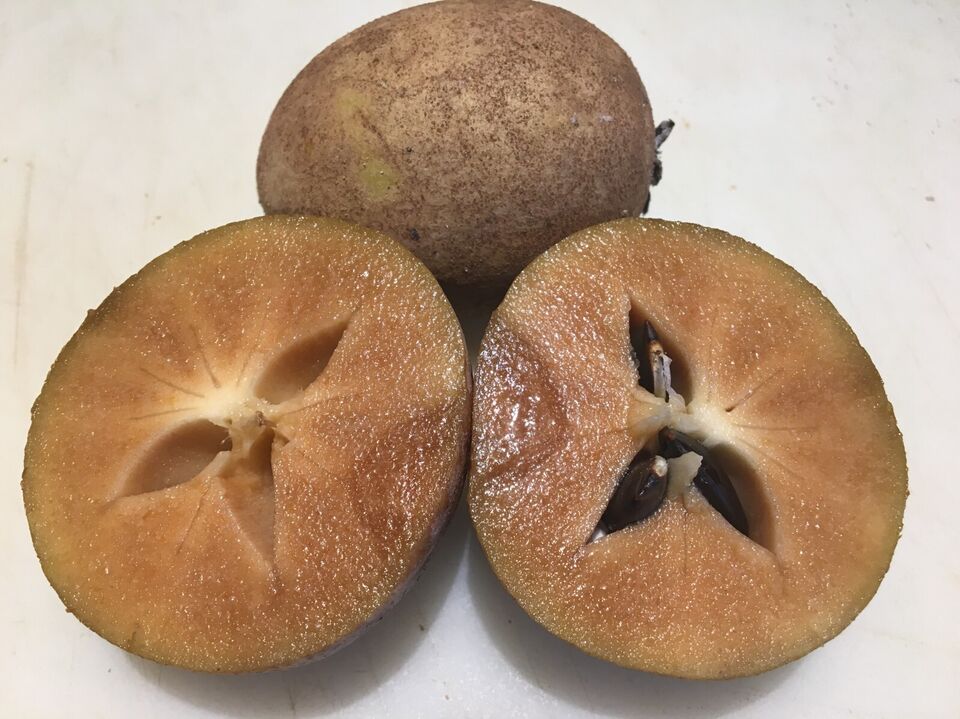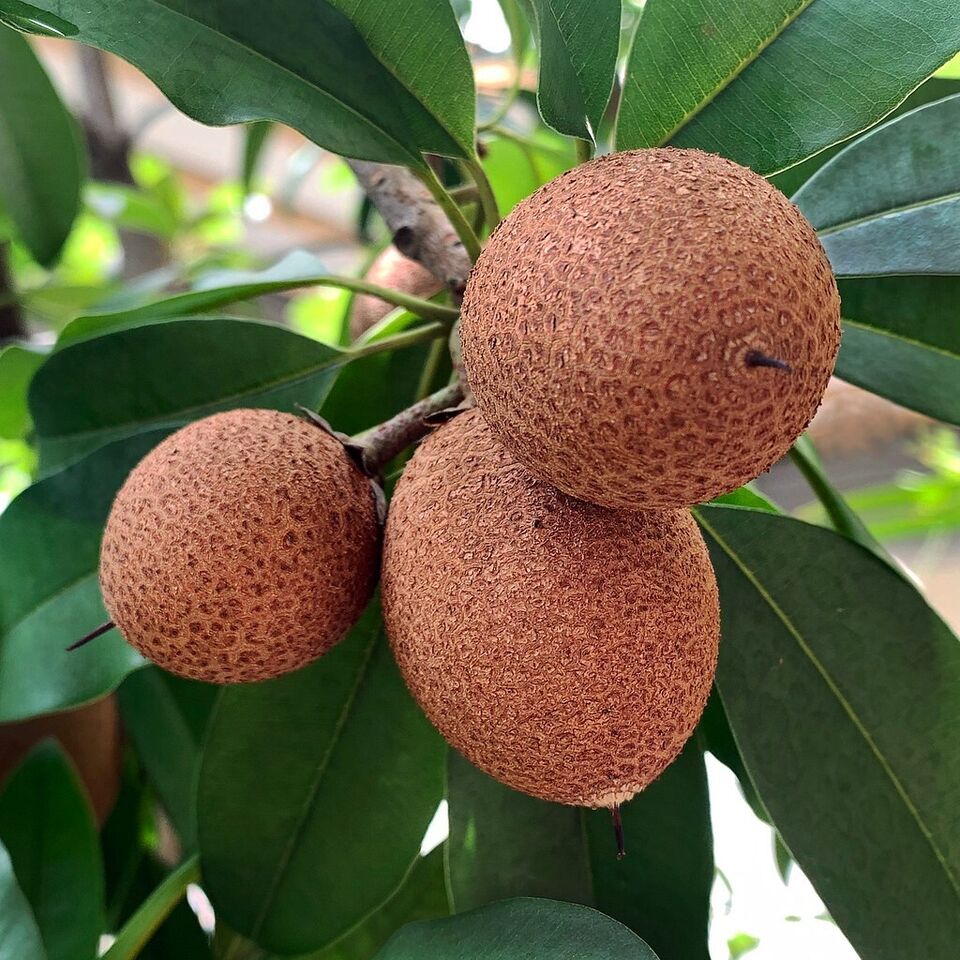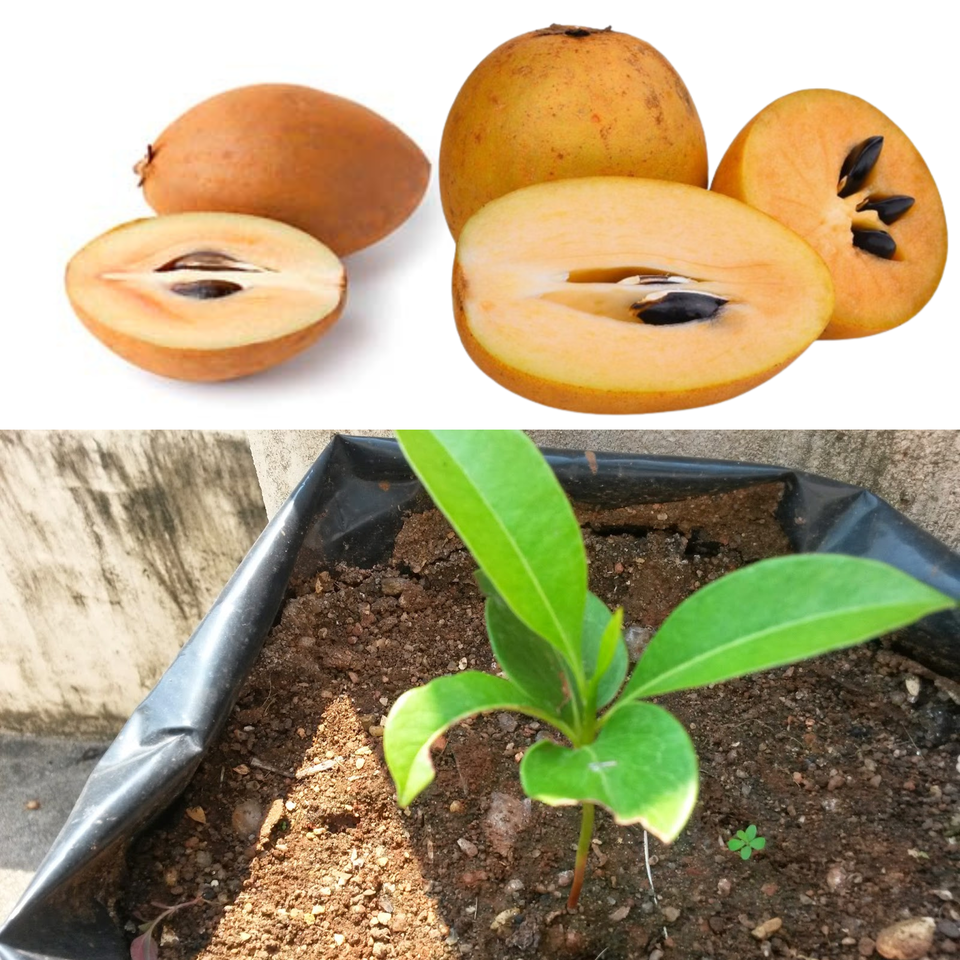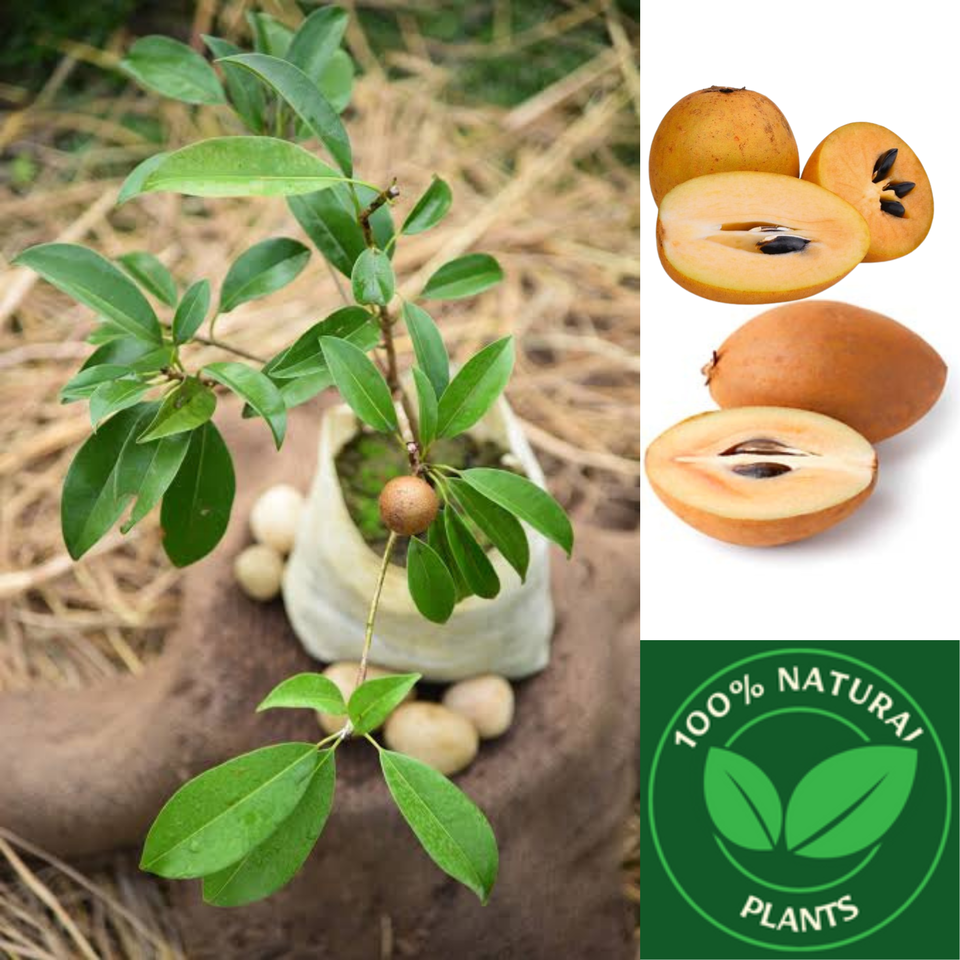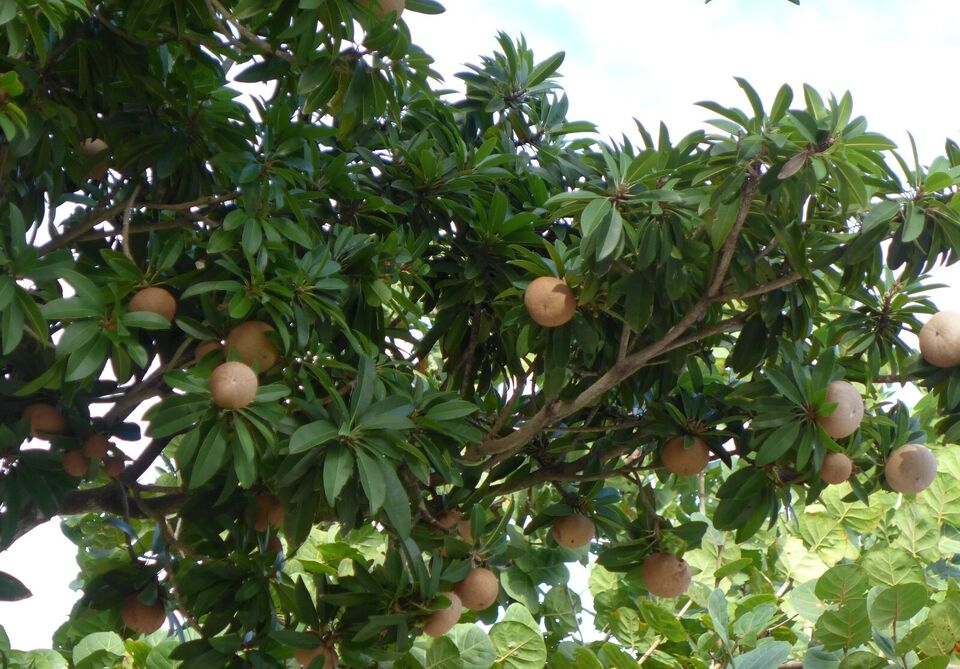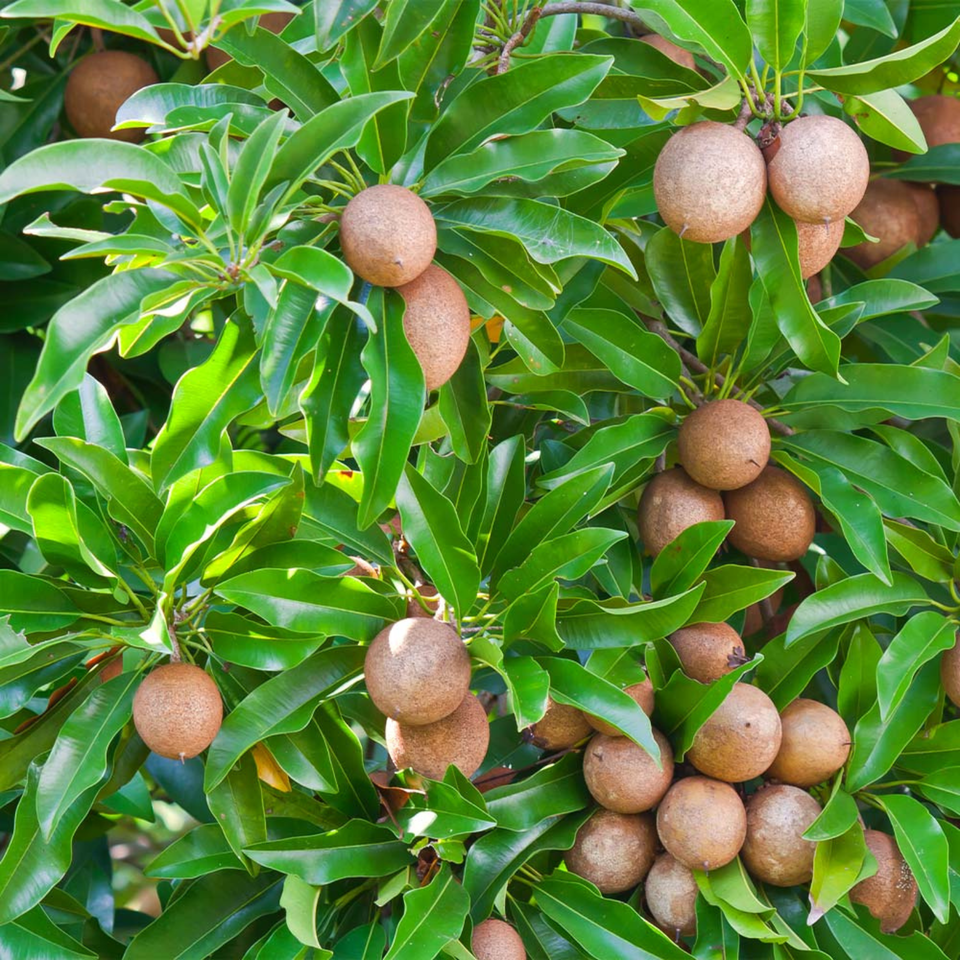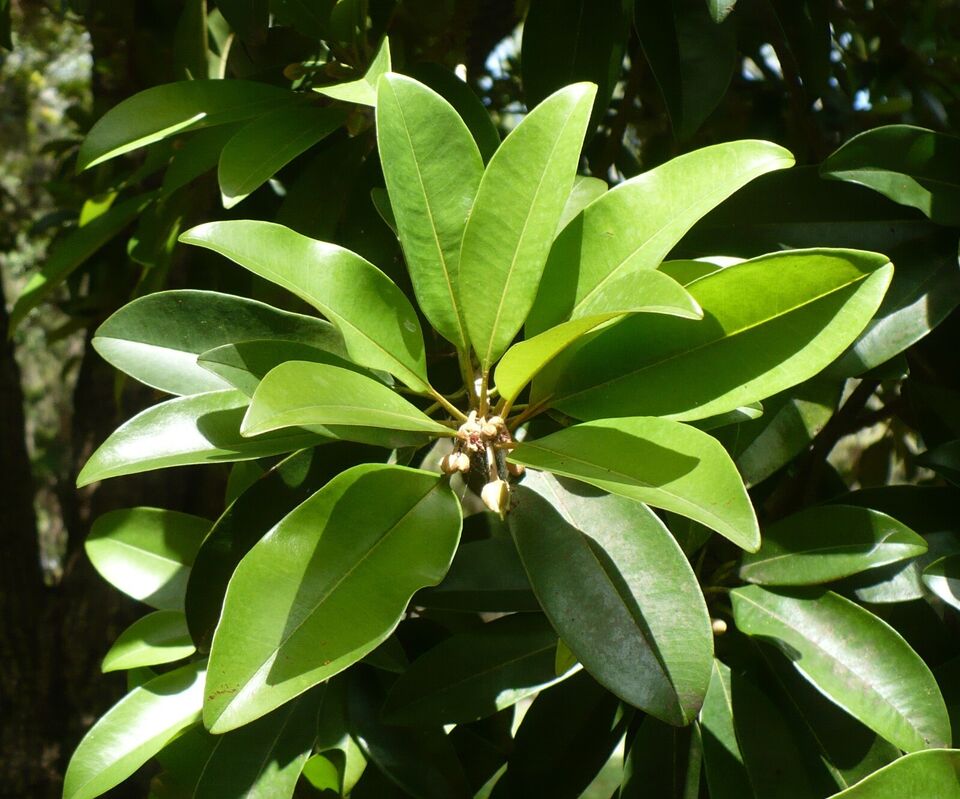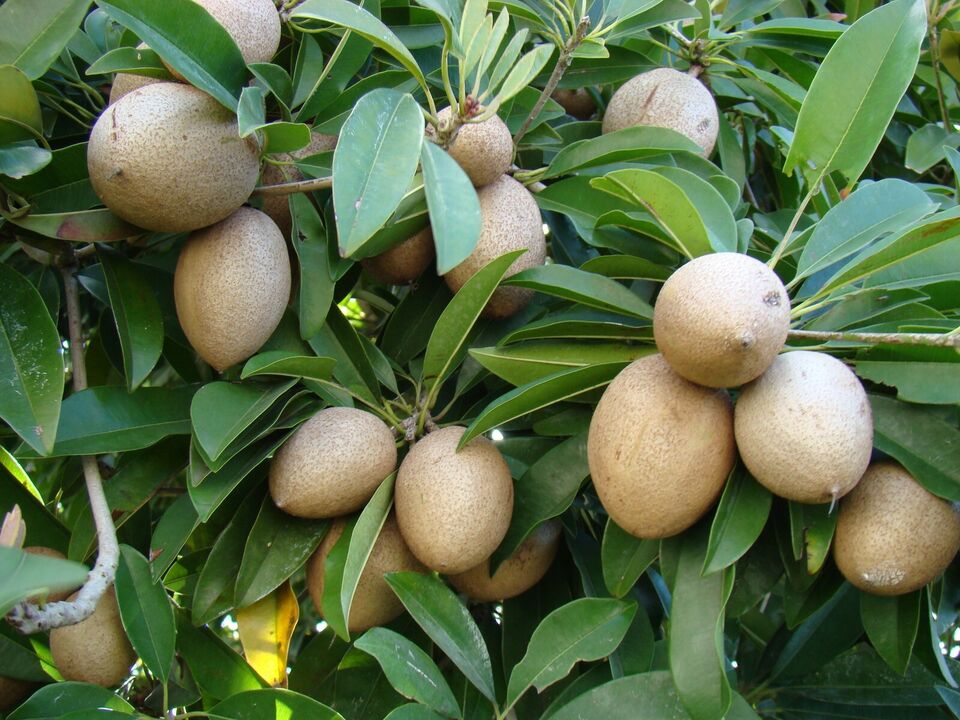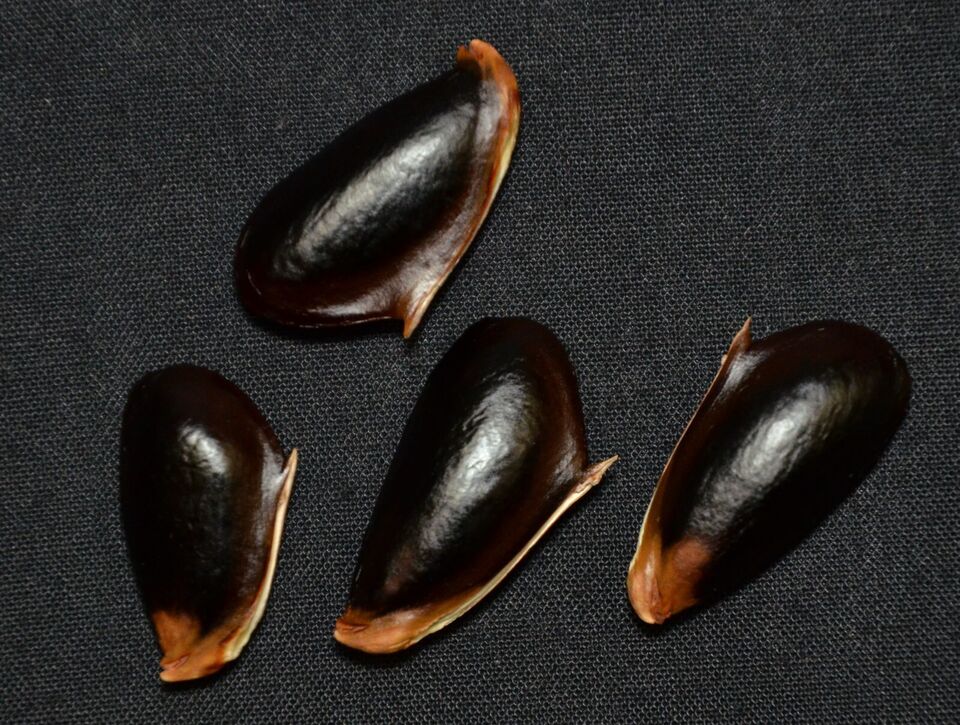Senci Green Garden
Sapodilla Seeds (Manilkara zapota) Organic Fresh 10 seeds
Sapodilla Seeds (Manilkara zapota) Organic Fresh 10 seeds
Couldn't load pickup availability
Sapodilla Seeds (Manilkara zapota)
100% Fresh Seeds NON GMO Organic
10 Seeds
Manilkara zapota (commonly known as sapodilla, sapota, or chikoo) is a tropical evergreen tree belonging to the family Sapotaceae. It is native to southern Mexico, Central America, and the Caribbean. Here’s a detailed description of the plant:
Botanical Characteristics
Size: The tree typically grows to a height of 30-40 meters (98-130 feet) with a trunk diameter of 1.5 meters (5 feet). In cultivated settings, it usually remains smaller.
Leaves: The leaves are glossy, dark green, and elliptical, measuring 7-15 cm in length and 3-6 cm in width. They are alternately arranged and have smooth margins.
Flowers: The small, inconspicuous flowers are white or cream-colored, with a tubular corolla and typically appear singly or in clusters in the leaf axils. They are hermaphroditic and fragrant, attracting various pollinators.
Fruit: The sapodilla fruit is a berry, roughly 4-8 cm in diameter, with a rough brown skin. The flesh is pale brown to reddish-brown when ripe, with a sweet, malty flavor and a grainy texture. Each fruit contains 1-10 hard, black, shiny seeds.
Habitat
Climate: Manilkara zapota thrives in tropical and subtropical climates. It prefers well-drained soils and can tolerate drought conditions once established. The tree is sensitive to frost.
Soil: It grows best in deep, loamy soils but can also adapt to sandy and rocky soils. Adequate drainage is essential to prevent root rot.
Uses:
Culinary: The fruit is consumed fresh or used in various culinary preparations such as smoothies, desserts, and preserves. Its sweet flavor makes it a popular ingredient in many tropical cuisines.
Gum: The tree is a source of chicle, a natural gum once used as the primary ingredient in chewing gum. Although synthetic substitutes have largely replaced chicle, it is still harvested in some regions.
Timber: The wood of Manilkara zapota is dense, durable, and resistant to insect attack, making it valuable for construction, furniture, and other wood products.
Medicinal: Various parts of the tree, including the leaves, bark, and seeds, are used in traditional medicine to treat ailments such as diarrhea, fever, and cough.
Cultivation
Propagation: Sapodilla can be propagated from seeds, though grafting and air layering are preferred for maintaining desirable fruit characteristics and faster fruiting.
Maintenance: The tree requires minimal care once established. Regular pruning helps maintain its shape and health, while occasional fertilization enhances growth and fruit production.
Overall, Manilkara zapota is a versatile and valuable tree, prized for its delicious fruit, useful timber, and historical significance as a source of natural gum.
Share
